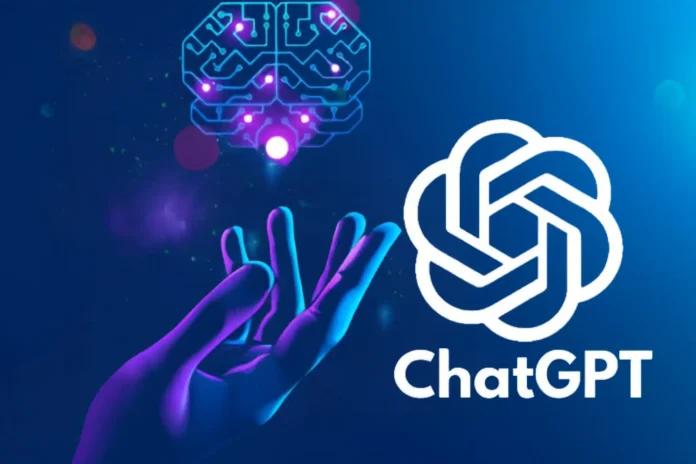OpenAI, the research lab behind the popular ChatGPT chatbot, is making its platform even more versatile. It lets users summon specialized AI tools called custom GPTs in ChatGPT conversations. This move aims to boost the adoption of GPTs, third-party apps built using OpenAI’s powerful language models while enhancing the capabilities of ChatGPT itself.
You can now bring GPTs into any conversation in ChatGPT – simply type @ and select the GPT.
This allows you to add relevant GPTs with the full context of the conversation. pic.twitter.com/Pjn5uIy9NF
— OpenAI (@OpenAI) January 30, 2024
Integrating Custom GPTs in ChatGPT on Demand
Starting from the release date, paying subscribers of ChatGPT can smoothly integrate GPTs into their chats by typing “@” and selecting the desired tool from a list. The chosen GPT will join the conversation with complete context, offering its specific expertise to address various needs. Imagine discussing a hiking trail with friends and then summoning a GPT from All Trails to suggest personalized recommendations based on your group’s preferences. Or, while handling a coding challenge, you could call upon a Khan Academy GPT to provide real-time tutoring and problem-solving assistance.
“This allows you to add relevant GPTs with the full context of the conversation,” explained OpenAI in a tweet, highlighting the new feature’s smooth blend and collaborative potential.
The GPT Store By ChatGPT
This development comes from OpenAI launching the GPT Store, a platform where anyone can create and share custom GPTs without coding experience. The store already offers a variety of tools like the mentioned trail recommender and code tutor, alongside a Canva content designer, showcasing the wide range of possibilities.
Check the full review on ChatGPT: https://blessedbulletin.com/ai-for-good-or-bad-chatgpt-review/
Monetization and Challenges Ahead
OpenAI also plans to introduce a monetization system for developers who wish to sell their GPTs, incentivizing further creation and innovation. However, attracting users to these custom tools remains a difficulty. Data from Similarweb reveals that custom GPTs in ChatGPT currently generate only 2.7% of ChatGPT’s global web traffic, with a decreasing trend since November.
Another challenge lies in content moderation. Upon launch, the GPT Store saw a significant number of “romantic” chatbots, some containing sexually suggestive content, violating OpenAI’s terms. Additionally, political campaigning bots, like one impersonating a U.S. presidential candidate, emerged, raising concerns about misuse.
OpenAI claims to use a combination of human and automated reviews to filter problematic GPTs, and they have removed some offenders. However, proactively addressing content moderation will be crucial as the platform grows.
Overall, the ability to summon custom GPTs in ChatGPT chats directly marks an essential step toward the future of conversational AI. By offering on-demand access to specialized tools within natural conversations, OpenAI empowers users with diverse functionalities while promoting a thriving ecosystem of AI-powered applications. Addressing user adoption and content moderation effectively will be key points to unlocking the full potential of this innovative feature.



